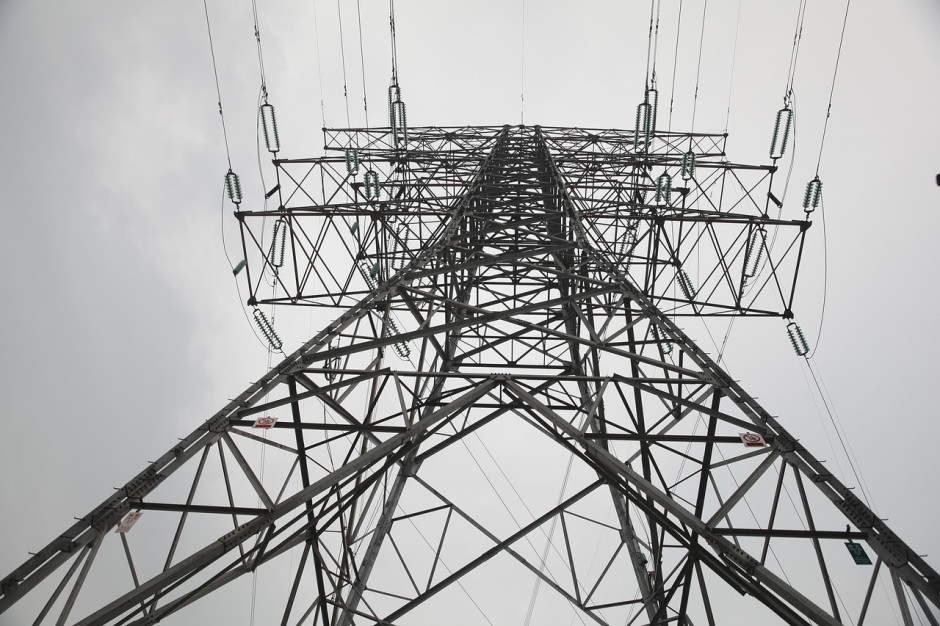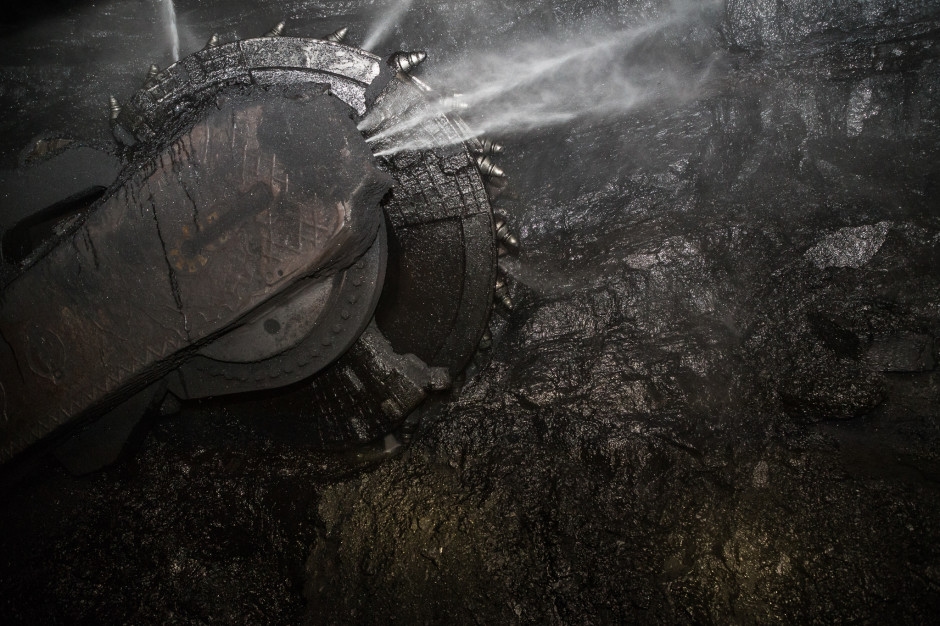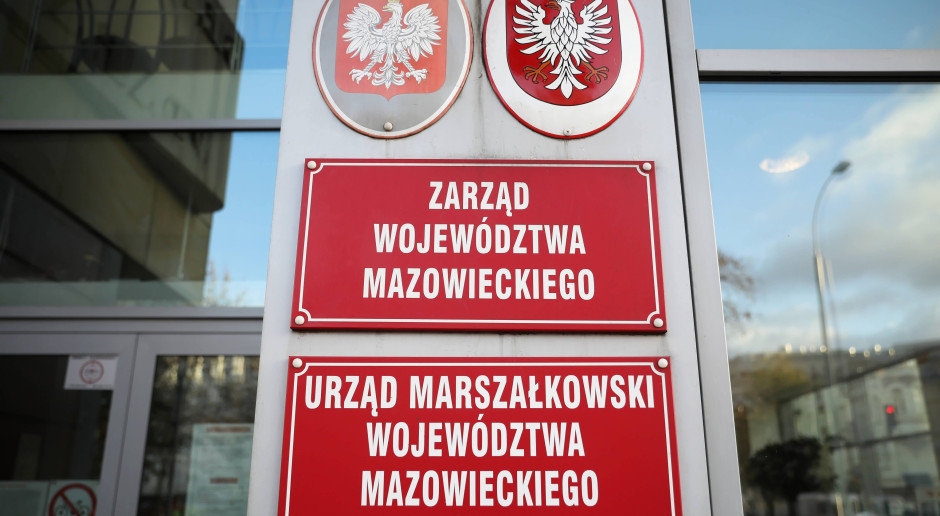Green public procurement remains a niche. Officials are simply afraid of it.

- The share of green contracts in the total number of public contracts awarded in 2024 was 3%, while their value accounted for 10% of the total value of public contracts awarded.
- This is not much, and the reasons for this state of affairs lie, among others, in lack of knowledge, habits of officials and fear of errors in procedures.
- Magdalena Targońska from the Marshal's Office of the Mazowieckie Voivodeship, a leader in green public procurement, believes that education is key. However, there are also opinions that the optional nature of the regulations is one of the reasons for their low level of implementation.
Green public procurement is a fairly general term. It refers to procedures in which the contracting authority takes environmental aspects into account in some way.
This may be, for example, describing the subject of the order in such a way that the ordering party requires more ecological solutions in advance - such as notebooks made of recycled paper, a catering service based on local or organic products, or the purchase of electronic equipment with the highest energy efficiency class.
- explains legal counsel Dominika Bobek, an expert from the Frank Bold Foundation, specializing in environmental law and author of the guide "Green public procurement - guidelines for municipalities and poviats" published in December 2024.
Another approach is to consider environmental criteria when evaluating bids. A contractor who offers more eco-friendly solutions may receive more points in the tender. It all depends on the subject of the contract and what the contracting authority prioritizes – whether they want their choices to have a positive impact on the environment.
There is no legal obligation to use green public procurement in Poland, nor does the European Union impose it. However, member states make such decisions, for example, by requiring a specific share of green procurement in central government procurement or introducing mandatory ecological criteria for selected products (e.g., bus fleet, IT equipment, energy).
Public procurement is still a niche - the scale is very smallIn 2024, 714 public institutions awarded 4,330 green contracts with a total value of over PLN 32.9 billion, representing 10% of all public procurement expenditure. Although this represents a PLN 20 billion increase over the previous year, the share of such contracts in the total number of procedures still did not exceed 3%. This data was published in July by the Public Procurement Office in its 2024 report.
Environmental aspects most often appear in services, where it's easier to implement requirements regarding order fulfillment or the use of eco-friendly materials. In construction and delivery, standard pricing criteria still dominate.
And although the green procurement mechanism is nothing new - it has existed in Polish law for over 20 years - as Dominika Bobek notes - the scale is still very small.
Reasons: price, lack of knowledge and procedural concernsThis is still a small percentage compared to the entire public procurement system in Poland.
In her opinion, the main reasons for this state of affairs are lack of knowledge, habit of officials and fear of errors in procedures.
I think there are several reasons why green procurement is still rarely used. First, a lack of familiarity and knowledge. Second, concerns about the complexity of this solution. And third, the issue of price. The belief that green products are more expensive persists.
Officials often don't know how to properly formulate provisions regarding environmental aspects, and overly strict requirements discourage their use. It also happens that environmental provisions in tender specifications are purely formal, without any actual verification of the effects.
This diagnosis is also confirmed by local government practice. Michał Zastrzeganyński, Vice Mayor of Sosnowiec, recently pointed out in a podcast on Polish Radio about green public procurement that municipalities want to act pro-ecologically, but are limited by budgets and a lack of systemic incentives .
Ecology is necessary and economically viable, but not always in the short term. In many cases, ecological investments require larger initial outlays.
- he admitted, adding that local governments "learn from their own mistakes" and need common models and catalogues of good practices to make green procurement a standard.
Education Instead of Duty. "First Knowledge, Then Practice"How can we change this infamous statistic? Dominika Bobek believes that education and practical support for the administration need to be strengthened. She adds that a good solution could be to establish a mandatory percentage share of green procurement in all public procurement . Similar to the minimum share of electric cars in local government fleets, for example.
I think this would be a very good solution—of course, not in the sense of a 100% obligation, as that's unrealistic, but introducing a certain minimum threshold for such procurement could have a real impact. However, before we introduce obligations, we should start with education and training for officials.
In her opinion, officials need assurance that the use of environmental criteria is “legal and safe” and not risky.
Green procurement in practice: small steps and real resultsThis is precisely the approach advocated by Magdalena Targońska, Deputy Director of the Joint Purchasing Department at the Marshal's Office of the Mazovian Voivodeship in Warsaw. She manages a purchasing group of over 70 entities, where green requirements are applied across a wide range of purchasing areas—from office supplies and fuel to computer equipment, furniture, and office supplies. These entities are overseen by the Mazovian Voivodeship government. These include schools, libraries, the Voivodeship Labor Office, the Mazovian Center for Social Policy, the Mazovian Unit for the Implementation of EU Programs, and 30 cultural institutions.
According to Targońska, the problem of the small share of green public procurement in all procurements in Poland lies in the approach to them.
When thinking about green public procurement, we want to do it from the top level. I encourage everyone to take small steps, gain knowledge and experience in subsequent stages and improve
- says Targońska and argues that effective implementation of green purchasing requires a well-thought-out process - from identifying needs to controlling the receipt of deliveries.
The key to obtaining an ecological contract is the introduction of ecological requirements at the stage of describing the subject of the contract, verification of certificates in the offer and inspection upon receipt - thinking about the entire process from need to delivery.
The Masovian Marshal's Office sees this in practice – for example, paper purchases are categorized according to various ecological criteria, from certified raw materials to recycled products. Furthermore, the local government has switched from purchasing water in plastic bottles to tap water, a move that isn't reflected in the statistics but has a real ecological impact.
However, Magdalena Targońska does not support the idea of imposing a mandatory percentage share of green procurement in all contracts implemented by a given entity. In her opinion , arbitrary orders or prohibitions without examining the underlying issue do not produce the desired results . She explains that, for example, introducing a rule that price accounts for 60% of the bid evaluation criteria and non-price criteria for 40% has not led to non-price criteria playing a key role, significantly increasing the competitiveness or quality of public procurement.
Public Procurement Office: better reporting and professionalization of staff necessaryI'm a proponent of education and skills development. My experience shows that officials want to implement green public procurement, but they don't always know how to do it effectively and efficiently.
However, in its 2024 report, the Public Procurement Office emphasizes that the optional nature of the regulations is one of the main reasons for the low level of green procurement . It proposes that data on the use of environmental aspects be mandatory in public procurement notices, which would allow for ongoing monitoring of trends and the creation of automatic reports.
The Public Procurement Office also notes that the low share of green procurement may be the result not only of poor implementation, but also of inaccurate reporting by contracting authorities. The Public Procurement Office's recommendations also include: Professionalization of personnel – a long-term educational program for officials. The office plans to develop a knowledge repository, publish best practices, and collaborate with universities.
portalsamorzadowy





